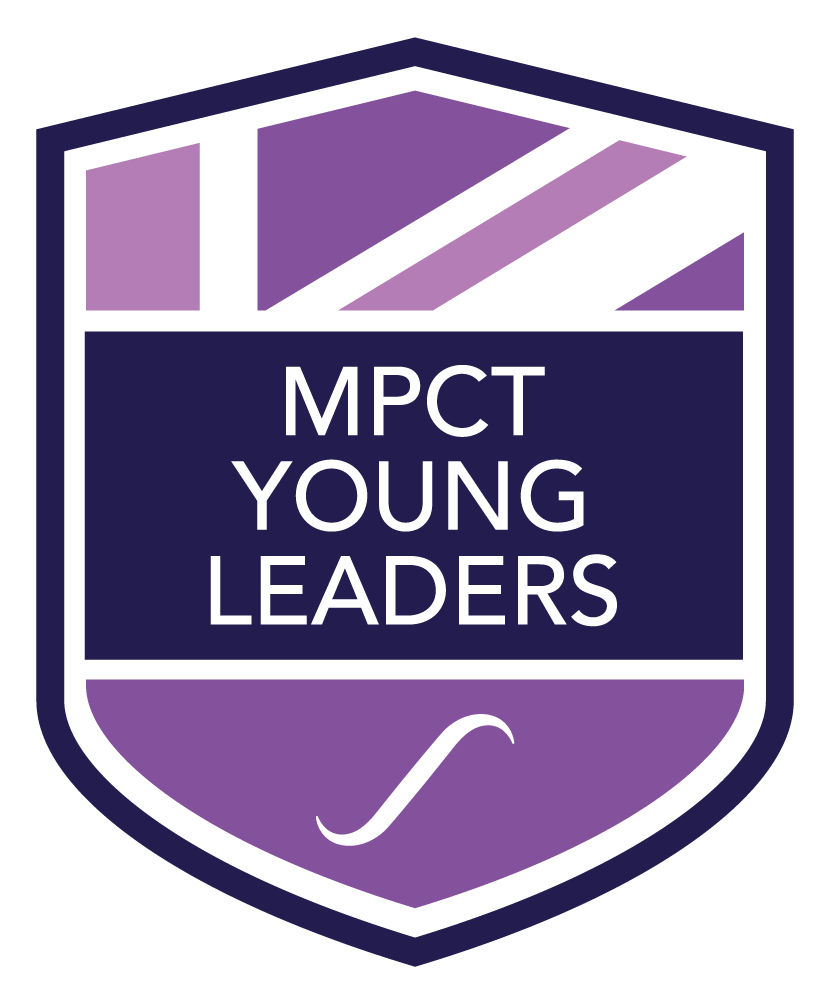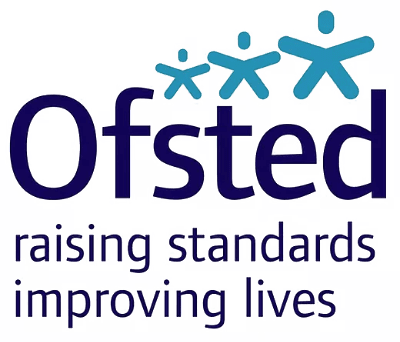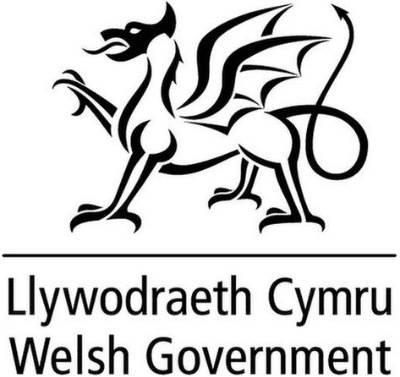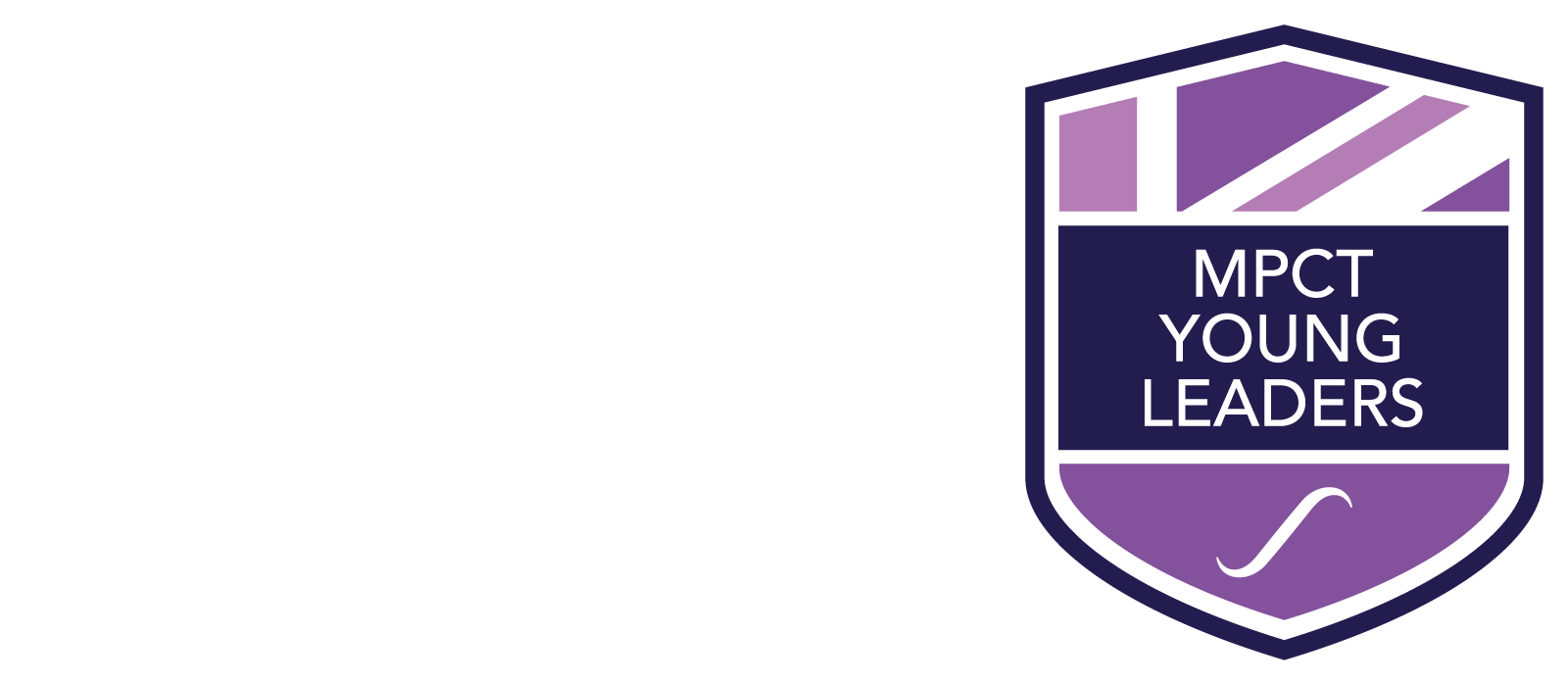Character Education
The Department for Education states that schools have a statutory duty, as part of a broad and balanced curriculum, to promote the spiritual, moral, social, and cultural development of learners, and prepare them for the opportunities, responsibilities, and experiences of later life. Character education contributes to this duty.
Character education teaches the acquisition and strengthening of virtues. Schools should aim to develop confident and compassionate learners, who, equipped with a strong moral compass, become effective contributors to society, successful learners, and responsible citizens. Schools should provide opportunities for learners not to just think and do, but also to understand what it means to be and become a mature, reflective person. Schools should prepare learners for the tests of life, rather than simply a life of tests.
Did you know?

Why MPCT Young Leaders?
MPCT Young Leaders supports a schools strategy and approach to character education. Following a recent report by the Department for Education, it was identified that schools are faced with numerous barriers that can impact their approach of delivering effective character education.
These Barriers are
- Competing demands on staff time and capacity
- Confidence of staff delivery
- Difficulty in measuring the progress of character development
- Availability of effective curriculum content and resources
- Lack of formulated plan or strategy towards character education
- Lack of extra-curricular opportunities
High
Self-efficacy
Resilience
Empathy





































































































Motivation
Well-being

MPCT Young Leaders will look to proactively support those schools who struggle to implement an effective character education curriculum; also providing opportunity for those schools wishing to add further value to bolster their pre-existing delivery.
MPCT Young Leaders supports a school’s moral and statutory duty towards effective delivery of character education and personal development, reinforced by the assessment of school performance in this area by Ofsted and Esytn.
Research suggests that schools that enable these opportunities help young people to explore and express their character, and build the skills they need for resilience, empathy, and employability. Furthermore, the wider impact on schools can be the improvement of educational attainment, attendance, and learner engagement.
A literature review from the Education Endowment Foundation and Cabinet Office concluded the following benefits of character education;
- High self-efficacy, or self-belief, is associated with better performance, more persistence, and greater interest in work.
- Highly motivated children (linked to tenacity), driven internally and not by extrinsic rewards, show greater levels of persistence and achievement.
- Good self-control (or self-regulation, the ability to delay gratification) is associated with greater attainment levels.
- Having good coping skills (part of being able to bounce back) is associated with greater wellbeing.

Supporting School Performance
The importance of personal development and character education is reflected in both Ofsted and Estyn’s inspection arrangements. Personal Development is the key judgement area where Ofsted will assess the quality of character education. For Estyn, this is will be assessed within Inspection Area 4, Care, Support, and Guidance.


Ofsted inspections recognise the importance of schools’ provision for character education through its inclusion in the new judgment on Personal Development in all Section 5 and Section 8 inspections.
Department for Education

- Developing pupils’ character, which we define as a set of positive personal traits, dispositions, and virtues that inform their motivation and guide their conduct so that they reflect wisely, learn eagerly, behave with integrity, and cooperate consistently well with others. This gives pupils the qualities they need to flourish in our society.
- Developing pupils’ confidence, resilience, and knowledge so that they can keep themselves mentally healthy.
- How well leaders develop pupils’ character through the education that they provide.
Ofsted – School Inspection Handbook



- Inspectors should evaluate how well the school’s provision helps pupils to develop skills, knowledge, and understanding to make healthy lifestyle choices.
- Inspectors should consider how well the school’s personal and social education programme supports the development of the social and emotional skills of all pupils.
- Inspectors should consider the extent to which the school provides effective opportunities for pupils to develop secure values, and to establish their spiritual and ethical beliefs.
Estyn – Guidance handbook

MPCT Young Leaders actively supports the Welsh Government’s new Curriculum for Wales, ‘Curriculum for Life’. The ethos and fundamental approach from MPCT Young Leaders equips learners with the necessary skill set to achieve in modern Wales. The new Curriculum for Wales aligns itself with the MPCT Young Leaders pedagogy, by placing high emphasis on preparing young people for life and supporting the four purposes that underpin the new curriculum. MPCT Young Leaders delivers a curriculum for life, through preparation for lifelong learning.
Welsh Government – Curriculum for Life



